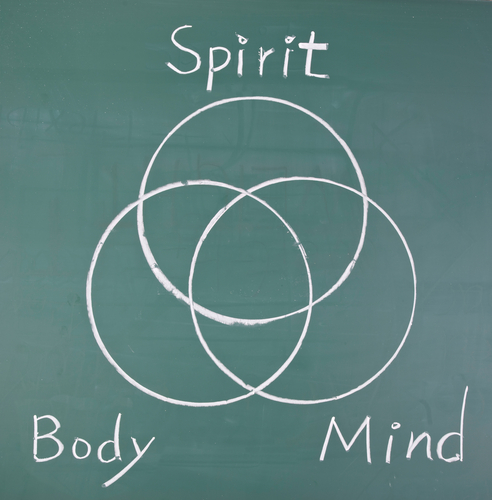The Use of Hypnosis in Treating Cancer
The Use of Hypnosis in Treating Cancer
 Hypnosis has proven to be extremely valuable in the treatment of cancer patients. Specific applications include: establishing rapport between the patient and members of the medical health team; control of pain with self-regulation of pain perception through the use of glove anesthesia, time distortion, amnesia, transference of pain to a different body part, or dissociation of the painful part from the rest of the body; controlling symptoms, such as, nausea, anticipatory emesis, learned food aversions, etc.; psychotherapy for anxiety, depression, guilt, anger, hostility, frustration, isolation, and a diminished sense of self-esteem; visualization for health improvement; and, dealing with death anxiety and other related issues. Hypnosis has unique advantages for patients including improvement of self-esteem, involvement in self-care, return of locus of control, lack of unpleasant side effects, and continued efficacy despite continued use.
Hypnosis has proven to be extremely valuable in the treatment of cancer patients. Specific applications include: establishing rapport between the patient and members of the medical health team; control of pain with self-regulation of pain perception through the use of glove anesthesia, time distortion, amnesia, transference of pain to a different body part, or dissociation of the painful part from the rest of the body; controlling symptoms, such as, nausea, anticipatory emesis, learned food aversions, etc.; psychotherapy for anxiety, depression, guilt, anger, hostility, frustration, isolation, and a diminished sense of self-esteem; visualization for health improvement; and, dealing with death anxiety and other related issues. Hypnosis has unique advantages for patients including improvement of self-esteem, involvement in self-care, return of locus of control, lack of unpleasant side effects, and continued efficacy despite continued use.
Presurgical hypnosis intervention reduces postsurgical side effects such as anxiety, pain, nausea, and fatigue. Clinical hypnosis in cancer settings provides symptom reduction (pain and anxiety) and empowers patients to take an active role in their treatments and procedures. This benefit applies over time as well if used during the course of radiotherapy. In one study the hypnotherapy group had a significantly higher frequency of days where positive feelings were greater than negative (85% of days versus 43% of days for the Control group).
The diagnosis and treatment of cancer are often stressful, and high levels of psychological and psychiatric disorders have been reported consistently over the last 20 years. However, studies have provided evidence that much of this distress is preventable by providing a support service that is open-access and fully integrated functionally and geographically with other parts of cancer services. There is ample evidence that relaxation therapy, guided imagery and hypnotherapy can be very beneficial in helping patients cope with the diagnosis and treatment. There is some evidence that they may prolong life, although the research on this is inconclusive as yet.
Hypnotherapy is an effective supplement therapy in the management of terminally ill cancer patients in a hospice setting. It is useful in addressing (1) management of anxiety, depression, anger, and frustration; (2) management of pain, fatigue, and insomnia; (3) management of side-effects of chemotherapy and radiotherapy; and (4) visualization to promote health improvement. By successfully addressing these areas, studies have shown that hypnotherapy improves the individual quality of life and life expectancy. Further, there is a quantifiable cost savings to the hospital in terms of reduced medication and need for medical care.
The four areas of intervention mentioned above most often involve physical relaxation coupled with imagery that provides a substitute focus of attention for the painful sensation. Other related imagery techniques, such as guided imagery, involve attention to internally generated mental images without the formal use of hypnosis. The most well-known of these techniques involves the use of “positive mental images” of a strong army of white blood cells killing cancer cells. One 10-year follow-up study involving 86 women with cancer showed that a year of weekly “supportive/ expressive” group therapy significantly increased survival duration and time from recurrence to death. Postoperative complications and hospitalizations for the hypnotic intervention group are significantly shorter than the norm.
Hypnosis has been shown to be effective for decreasing chemotherapy-related nausea and vomiting in children with cancer.
Want to read more about this subject? Here are some relevant articles from elsewhere on the web.
http://www.oncologynurseadvisor.com/hypnosis-therapy-decreases-fatigue-in-breast-cancer-patients/article/339035/
http://www.cbsnews.com/news/hypnosis-with-cognitive-behaviorial-therapy-may-benefit-breast-cancer-patients/
{{cta('25928eee-7127-4709-95ac-9704deaf2e34')}}







